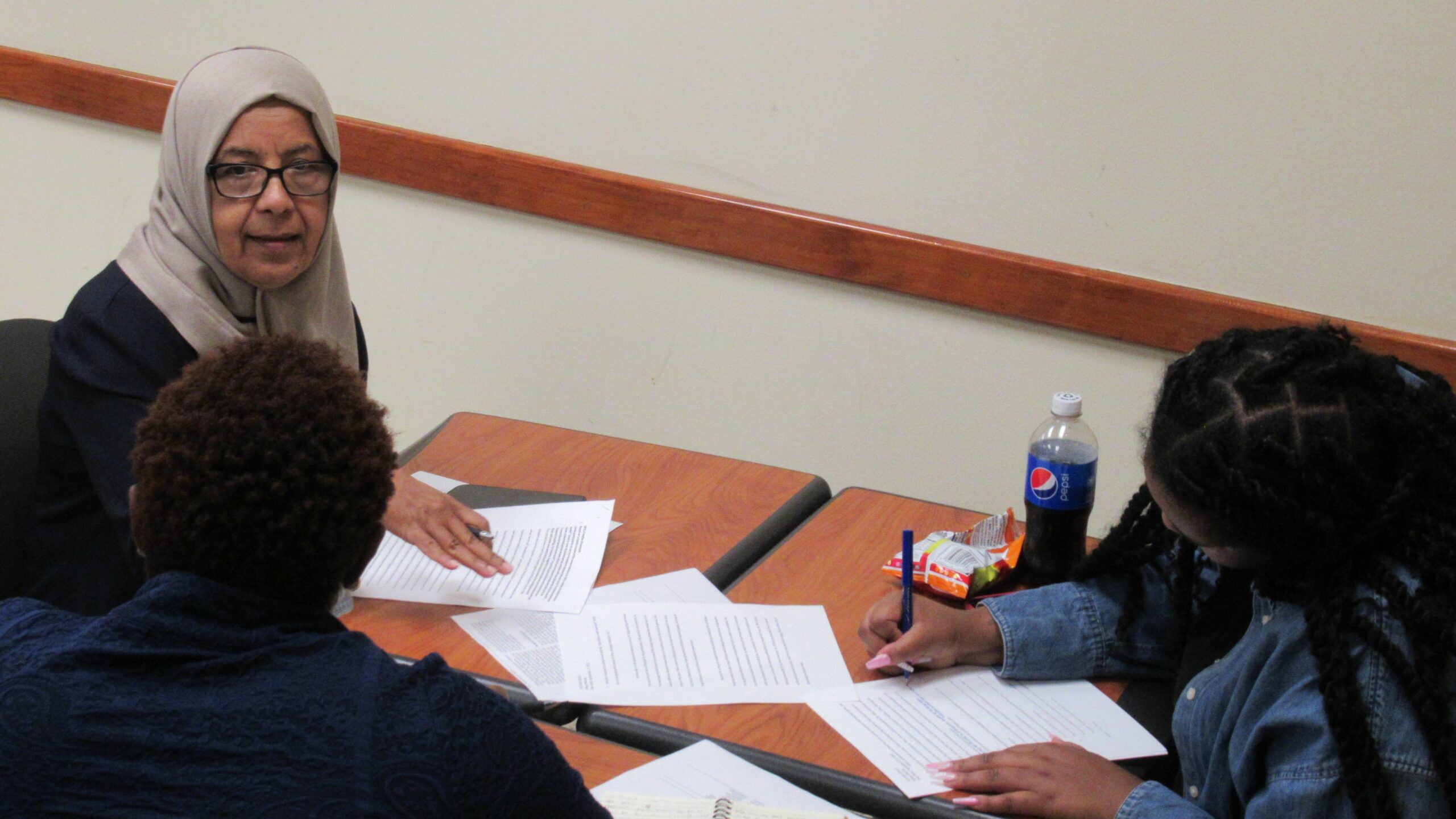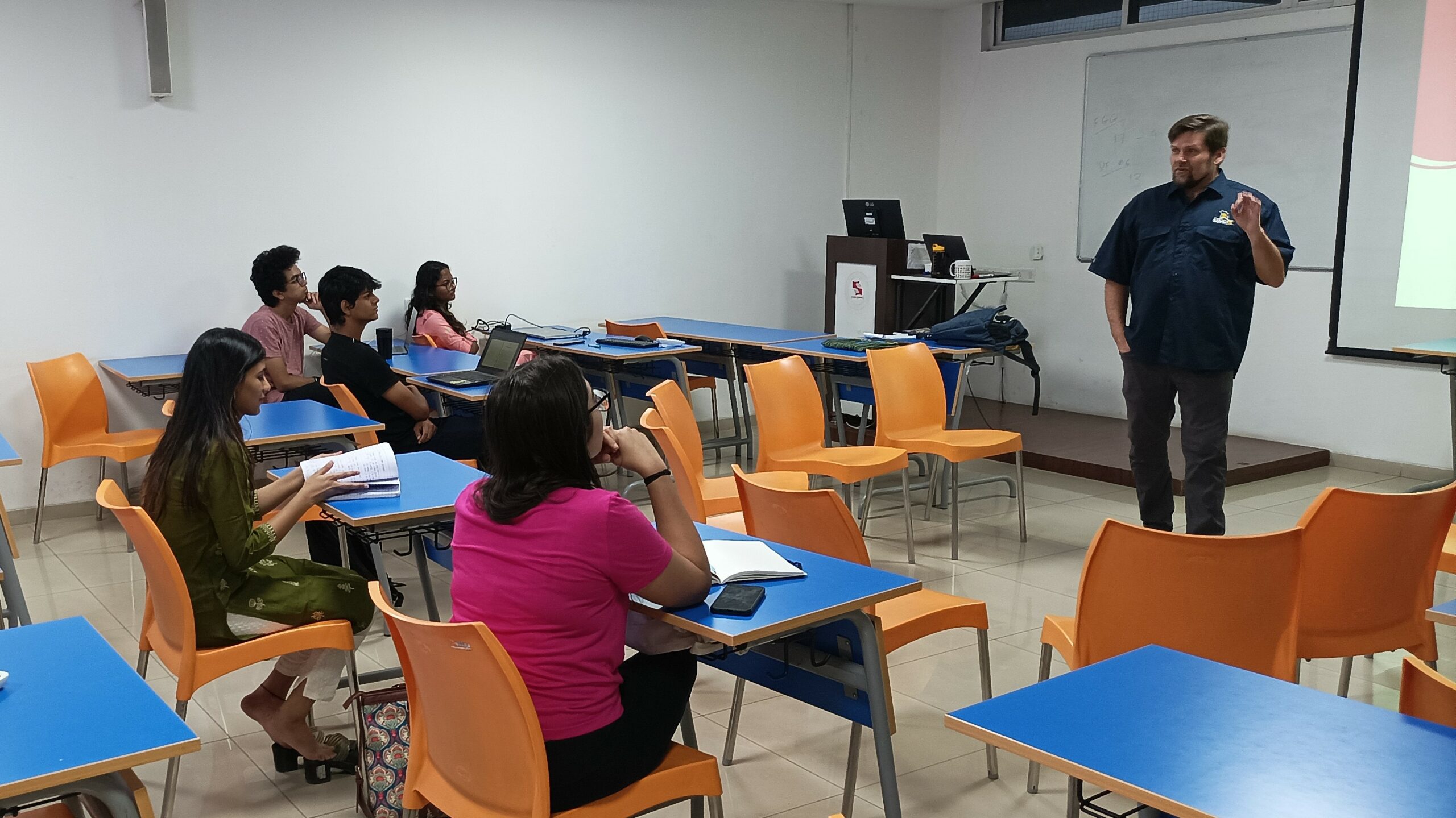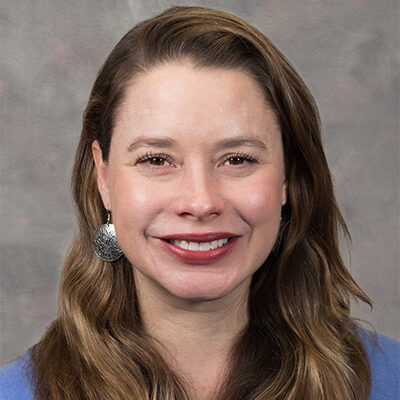Graduate Degrees
Our curriculum employs an interdisciplinary, critical, and social justice approach to conflict theory, peace studies, research, and practice.
Our courses are designed not only for aspiring conflict professionals but also for students in other programs looking to enhance their skills through conflict and peace electives.
There are two modes of delivery, on-campus and asynchronous online.
The application process is the same for both modes of delivery. In the application, you will be able to choose which mode of delivery you are applying for.

M.A. Degree IN Peace and conflict studies, SUSTAINABLE PEACE AND JUSTICE Concentration
The Sustainable Peace and Justice Concentration is campus-based and requires the completion of 30 credit hours. The program focuses on social justice, environmental sustainability, and community engagement.
M.A. Degree IN Peace and conflict studies, TRANSFORMATIVE PEACE AND CONFLICT Concentration
Students learn multiple conflict prevention and intervention skills; these include mediation, negotiation, conflict transformation, violence intervention, and collaborative problem solving, which are useful in the work environment, communities, and personal relationships.


Post-Baccalaureate certificate (P.B.C.) in peace and conflict studies
The certificate program is beneficial for those who have already received a graduate degree, but would like to specialize in conflict resolution as a new area of focus.
WHAT PROGRAM IS RIGHT FOR YOU?
Our Programs at a Glance
| Graduate Degrees | Degree Type | Class Type |
|---|---|---|
| Peace and Conflict Studies | P.B.C. | In-Person / Online |
| Transformative Peace and Conflict | M.A. | Online |
| Sustainable Peace and Justice | M.A. | In-Person |
MASTER’S DEGREE OR POST-BACCALAUREATE CERTIFICATE?
| Master of Arts | Post-Baccalaureate Certificate | |
|---|---|---|
| Average Time to Complete | 2 years | 1 year |
| Credit Hours | 33 | 12 |
| Coursework | • 6 required courses • 5 elective courses | • 4 required courses |
| Delivery Method | Asynchronous online and on-campus | Asynchronous online and on-campus |
| Admission Requirements | B.A. or B.S., any major 3.0 GPA | B.A. or B.S., any major 3.0 GPA |
APPLICATION PROCESS FOR ADMISSION TO THE MASTER’S PROGRAM
Admission to the master’s program is on a rolling basis year-round. If you wish to be considered for an assistantship you must meet the early deadline, February 15th.
- Complete an online application to the Graduate School.
- For Fall admission, complete your application by July 1st (February 15th to be considered for an assistantship and/or tuition remission.).
- For Spring admission, complete your application by November 15.
- Submit the following to the Graduate School
- Official transcripts for all undergraduate work (whether a degree was obtained or not).
- Three (3) letters of recommendation (Preferably by persons capable of speaking about your academic work or academic potential. Please avoid strictly personal references).
- GRE is not required.
- Write a personal statement [250-300 words] explaining your personal goals and why you wish to study Peace and Conflict Studies.
- As part of the admission process, you may be called for a short personal interview, either in person, by telephone, or Skype.
VISIONS PROGRAM FOR NON-DEGREE-SEEKING STUDENTS
If you would like to take Peace and Conflict Studies classes out of personal or professional interest it is easy to do so. The Graduate School’s VISIONS Program offers the opportunity to explore a graduate program on a part-time basis, strengthen your graduate application, or simply grow as a student.
“If you later decide to enroll in the PCS Master’s or the PCS Certificate program, up to 9 hours taken through the Vision Program can be applied to the PCS M.A. degree or 3 hours to the PCS certificate program.”
The application for the VISIONS Program is easy to fill out and the deadline is near the beginning of each semester.
COURSE REGISTRATION PROCESS
- (New students) Activate your default computer accounts.
- For new students, the Graduate Program Director will assist you in filling out an initial Plan of Study (Please find the appropriate PoS for your concentration under the Forms tab of this website). This plan may be updated throughout your journey through the program.
- Pick your classes based on the Graduate School Catalog and the current course offering.
- Read the instructions and register for your classes online through UNCGenie.
- Pay for your classes with the Cashiers Office.
- Access your classes through Canvas.
MASTER OF ARTS IN PEACE AND CONFLICT STUDIES (30 OR 33 SEMESTER CREDIT HOURS – DEPENDING ON CONCENTRATION)
The Master of Arts (M.A.) in Peace and Conflict Studies program was launched in 2004. The master’s program promotes a systemic perspective to the challenges facing individuals, families, organizations, and communities.
With an interdisciplinary sensibility and a commitment to individual, cultural, and social integrity, we train professionals to employ collaborative and equitable methods for resolving human problems.
Our goal is to mold reflective conflict scholars and practitioners – professionals with a critical understanding of theory and method and who operate within an overarching framework of diversity, human rights, social justice, and responsibility.
You are encouraged to explore a range of professional applications of your practice skills, as you are closely mentored and supported by the faculty. The program is built on a comprehensive integrated core curriculum, varied electives, and flexible time schedules allowing students of all ages and needs to participate in the learning process.
CONCENTRATIONS
The M.A. in Peace and Conflict Studies requires completion of 30 credit hours for the campus-based. Sustainable Peace and Justice Concentration and 33 credit hours for the online Transformative Peace and Conflict Concentration. Two modes of delivery and three concentration options allow students of various ages, job requirements, and delivery needs to participate in the learning process.
The Sustainable Peace and Justice Concentration offers both Practicum and Thesis options. For both options, face-to-face courses are typically offered in the evenings to meet the needs and schedules of working adults.
The Transformative Peace and Conflict Concentration offers online classes that are asynchronous and do not require specific meeting times.
